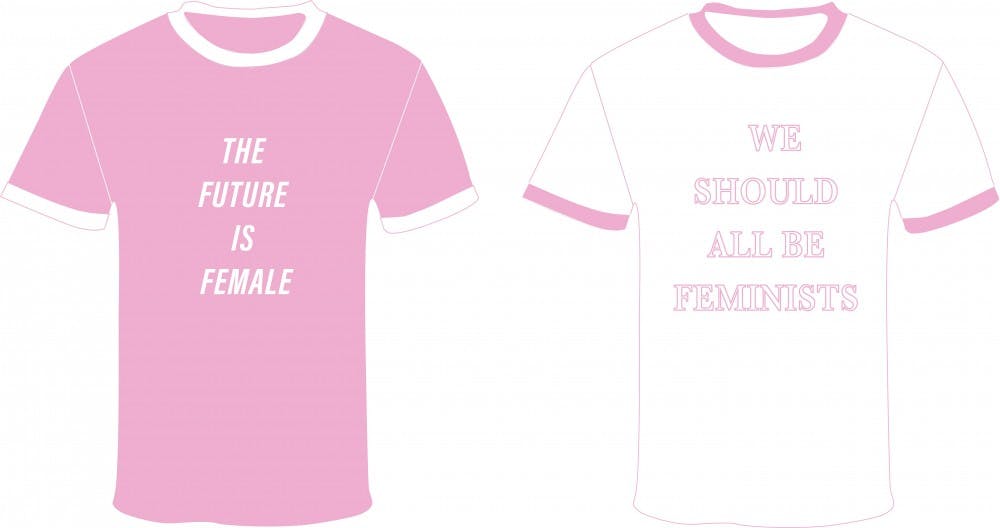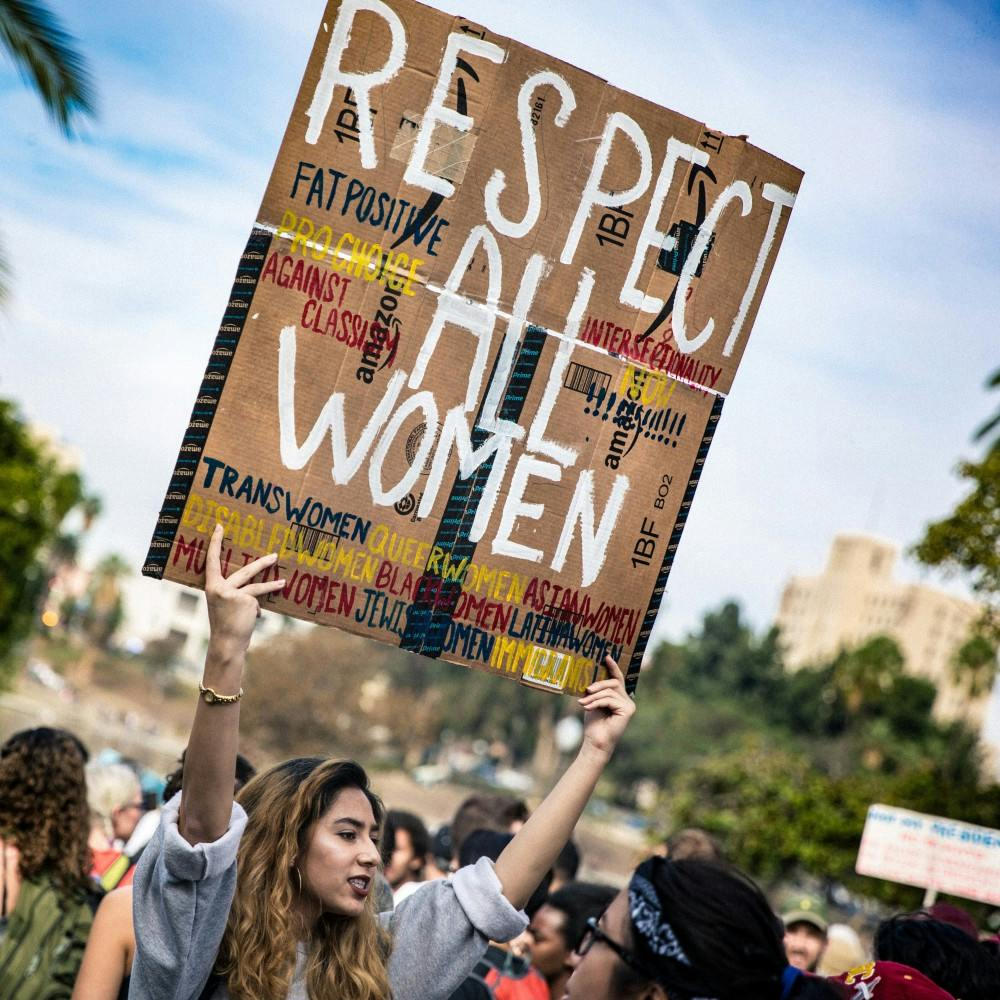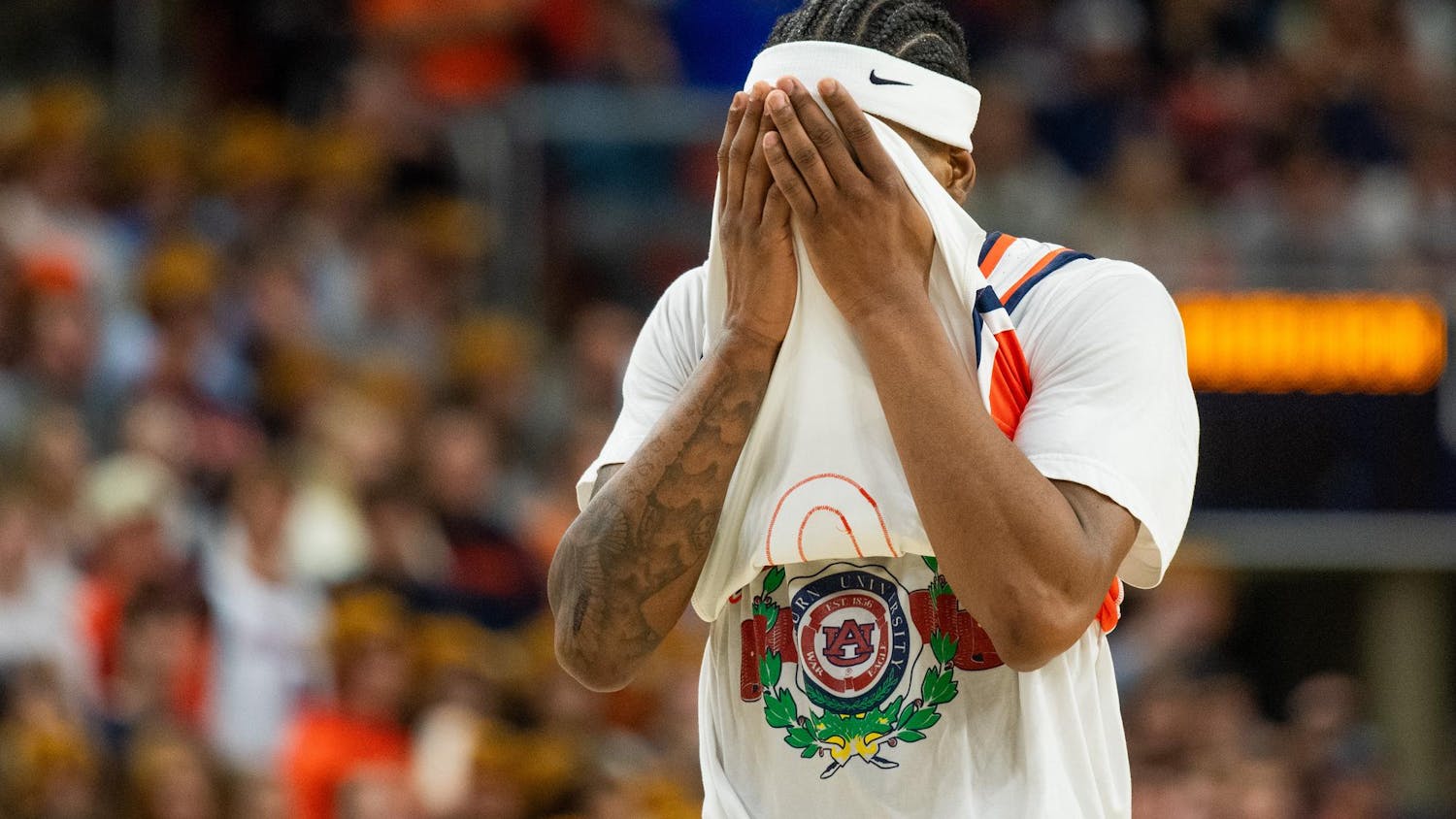More often than not, the fashion industry seems as though it’s stuck in the 20th century.
Hiring emaciated models and retouching their bodies feels disproportionately outdated considering the creative, cutting-edge nature of the industry.
However, many labels have become forward thinking lately, taking steps to impact the industry in positive ways and shed light on issues that have been overlooked for decades.
With increased awareness of sustainable shopping, the rise of the “girl boss” movement and the beginning of the body positive era, social movements have become an integral part of the fashion industry.
While some have been more successful than others, these campaigns can’t be ignored.
Many fashion labels have adopted feminism and used the movement in recent collections.
For her debut collection at French fashion label Dior, Maria Chiuri sent models down the runway in T-shirts that read “We Should all be Feminists.” These shirts made feminism a hot topic in the fashion industry and encouraged countless conversations about the movement and the appropriateness of its different iterations.
Although some fashion media outlets deem the shirts inappropriate and feel they were created in bad taste, they started meaningful discussions about what it means to be a feminist and how it looks dress like one.
While shows at Paris and New York fashion weeks have created considerable amounts of buzz on the topic of feminism, this social movement is not limited to high-end labels. Popular mall store Aerie prides itself of the promotion of body positivity and female empowerment.
Apparel merchandising major Avery Adams said Aerie is one of her favorite instances of the marriage of fashion and feminism.
Continue reading below...

By using models with different body types and refraining from retouching them, “Aerie regularly promotes body positivity and girl power in its ads, especially on Instagram,” according to Adams.
In addition to external change, many fashion-related businesses are promoting feminism from within.
Sophia Amoruso, founder of Nasty Gal, became a household name after writing her first book and coining the term “girl boss.”
Amoruso has used the momentum from the success of her book and Netflix show to promote women in the fashion and beauty industries with her annual Girl Boss Rally and Girl Boss Radio podcast.
Although many big names in fashion have been lauded for their clearly feminist-inspired collections and campaigns, some consumers worry that the feminism and fashion mix is just a fad and won’t last.
Margaret Lillian of the fashion and lifestyle platform Man Repeller raises the question of whether we should to use feminism as a fashion accessory and the right way to mix the two.
“As feminists braving the new frontier of the internet, we can keep riding the popular feminism wave as long as we ensure that feminism ultimately moves past being #trendy and becomes a timeless condition of equality,” Lillian said.
Do you like this story? The Plainsman doesn't accept money from tuition or student fees, and we don't charge a subscription fee. But you can donate to support The Plainsman.





